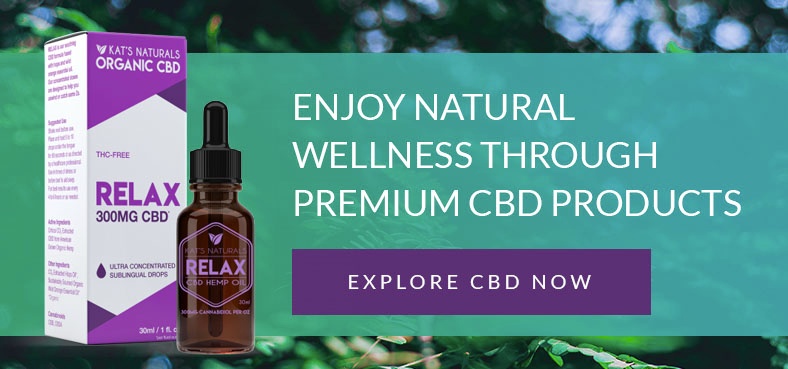[vc_row][vc_column][vc_column_text]In an industry that’s still in the early stages of federal regulations, how can you know what you’re actually buying from CBD retailers? And, moreover, does CBD even do anything at all, or is CBD just a placebo? Here’s what the research says.[/vc_column_text]
[vc_column_text]
CBD’s legitimacy is developing, but it’s nothing new
Using marijuana and its derivatives for health purposes isn’t a new concept. Cannabis, simply another term for the substance, has been used for more than 3,000 years.
As you may know, the FDA has approved three cannabinoid drugs since 2016. These drugs may help treat severe cases of epilepsy, nausea and vomiting in individuals undergoing chemotherapy, and weight loss and appetite issues in people with AIDS.
But, if you’re someone without a prescription need for CBD, is it worth your while? Worth your money?
One misconception about CBD’s relationship to THC — the psychoactive compound that creates a high — is that CBD is “medicinal” and THC is “recreational.” Since CBD has shown evidence of alleviating anxiety, it too is technically psychoactive. THC is also a viable option for treating chronic pain; however, positive results were largely limited to cases that were medically supervised.
Evidence for CBD’s effects on anxiety
Here’s the evidence breakdown for CBD and anxiety.
- A 2010 study in the Journal of Psychopharmacology showed a significant decrease in symptoms among people with generalized social anxiety disorder (SAD) who used CBD versus a placebo.
- A 2011 study in Neuropsychopharmacology showed promising results for people who used CBD to address social anxiety, particularly related to public speaking.
- A 2015 study in Neurotherapeutics showed positive results for CBD use among people with other forms of anxiety, including panic disorder, obsessive-compulsive disorder, generalized anxiety disorder, and post-traumatic stress disorder.
Evidence for CBD’s effects on pain
Here’s the evidence breakdown for CBD and pain.
- In a 500-page report, the National Academies of Sciences, Engineering and Medicine did not make any specific conclusions about CBD. However, it did find substantial evidence supporting the use of cannabinoids for chronic pain in adults, symptoms of multiple sclerosis, and side effects of chemotherapy.
- The National Institutes of Health is also funding research to isolate CBD as a possible, more well-tolerated substitute for opioids. Numerous other studies are being conducted.
So, before more concrete conclusions are made over the next few years and regulations are nailed down, should you purchase CBD products?
Before you buy CBD products the first time (or again)
First off, you should always consult your physician before trying any sort of alternative therapy. Even if you start your journey to wellness with mild forms of CBD, it is not without risks.
Check out the following resources for more insight.
- CBD Facts vs. CBD Myths: Your punchiest, to-the-point resource for all things CBD. Myth #1 is that CBD doesn’t really work — read why it may not work for certain people.
- 5 Things to Know Before You Buy CBD Oil: This blog will help you become more able to vet CBD products before you buy. Learn more about third-party lab testing, types of extraction processes, and why the origin of the hemp matters.
- 5 Reasons to Switch to CBD: Want to learn more about CBD’s non-addictive properties or lack of side effects? Read on to take control of your CBD journey.
- Can CBD Lower Blood Pressure?: Do you suffer from high blood pressure? This ailment can predispose you to heart disease, stroke, or even kidney disease. Learn how CBD may help.
Friend or placebo: What’s the bottom line?
Even if you purchase the best-reviewed CBD on the market, research is still in its early stages. After all, “is CBD a placebo,” may not be the right question to ask. As you learn, how CBD benefits you depends on a variety of factors. If you have positive experiences with CBD products — whether it be lowering your pain or stress levels, helping you sleep, giving you a pick-me-up, etc. — by all means, continue to shop around.


